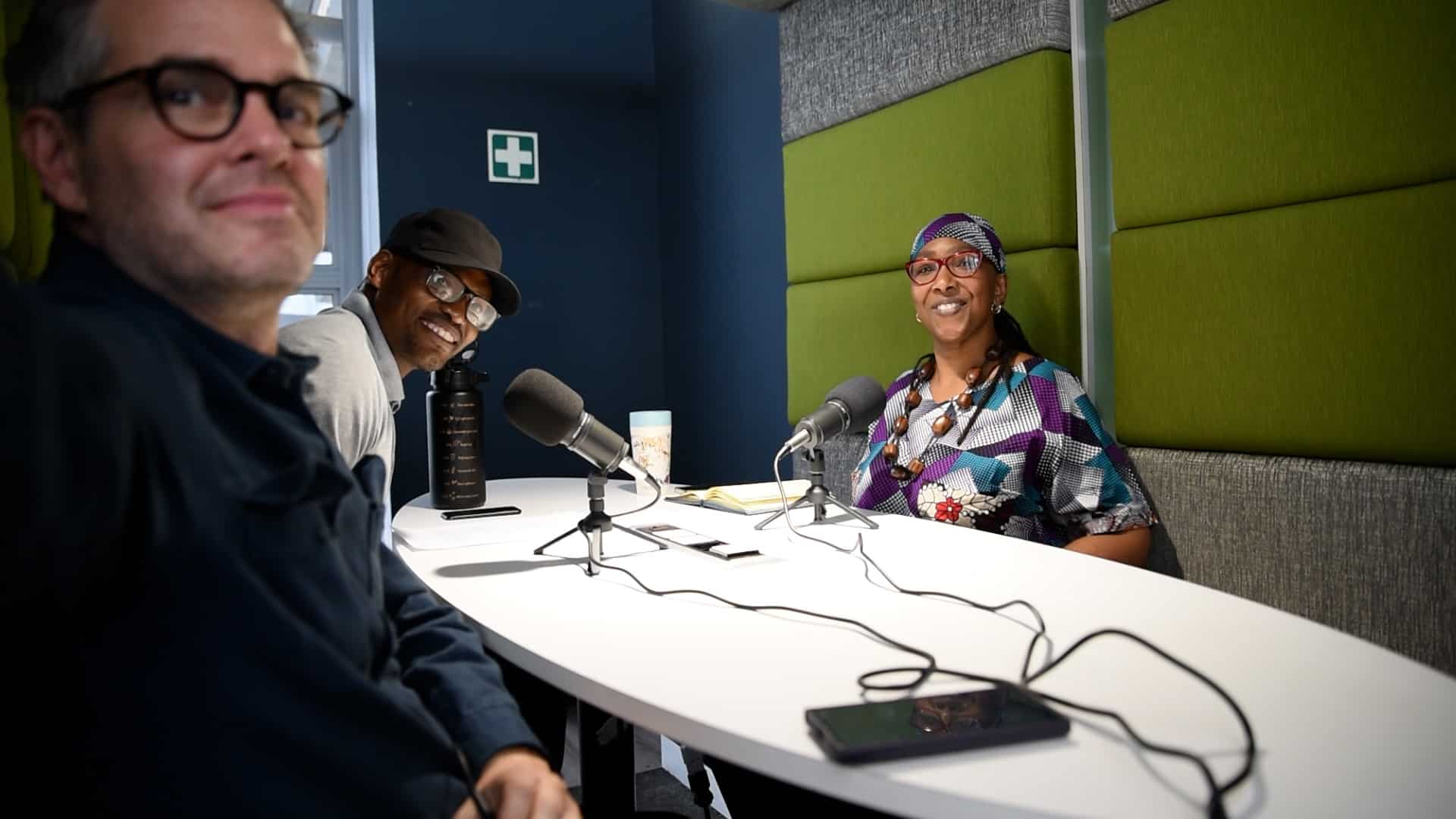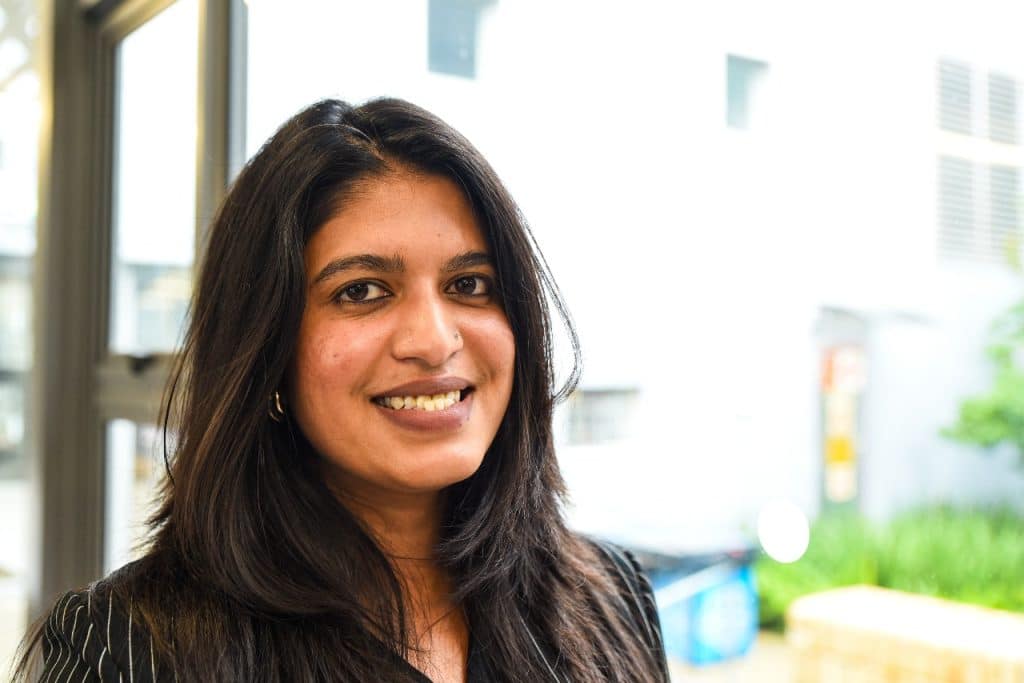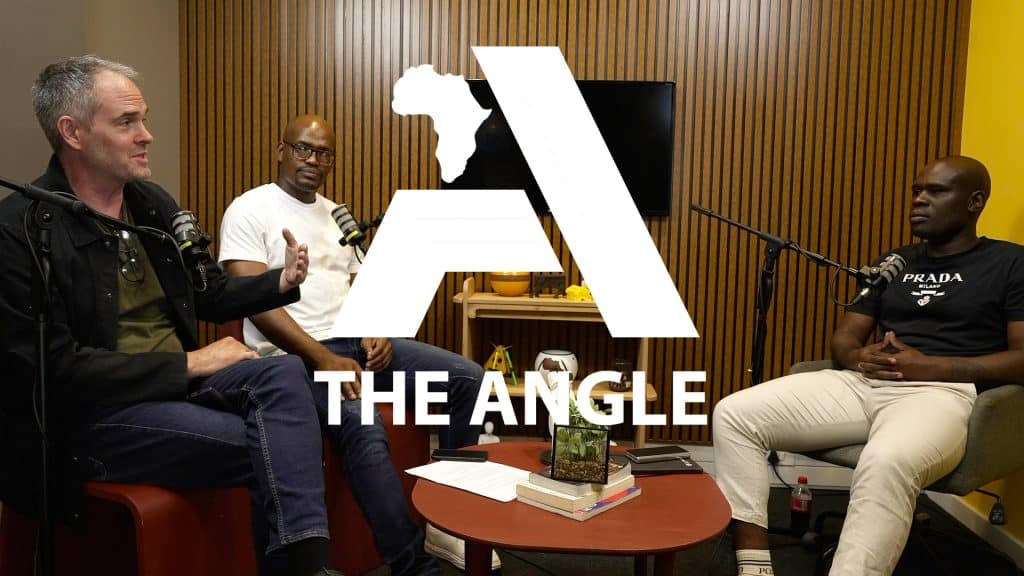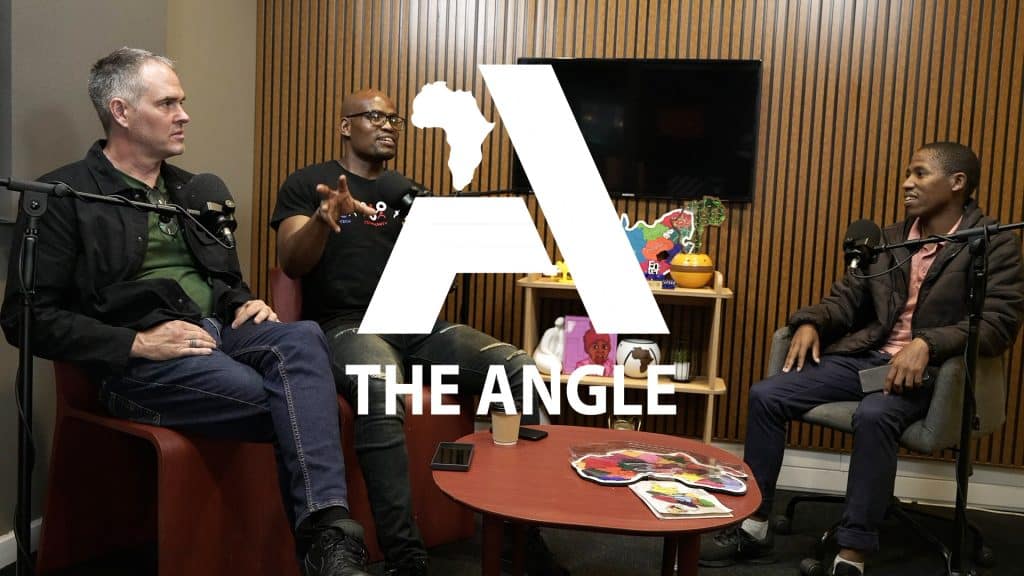In our latest The Angle podcast, we delve into the evolving world of civic tech with Geci Karuri-Sebina, PhD, an Associate Professor of Digital Governance at Wits School of Governance and the coordinator of the Civic Tech Innovation Network (CTIN). With her deep expertise in civic innovation and her dedication to creating responsive digital governance frameworks, Karuri-Sebina offers valuable insights into the current state of civic technology in Johannesburg and beyond in light of the Civic Tech Innovation Forum currently taking places at the Tshimologong Precinct in Braamfontein, Johannesburg.
Civic tech, as Karuri-Sebina explains, is an emerging field aimed at applying technology to solve public sector challenges and enhance civic engagement. “Civic tech is essentially digital tech for the public good,” she shares, contrasting it with other forms of tech by emphasising its commitment to empowering citizens and fostering transparency in governance. Johannesburg, despite facing its own challenges, serves as a prime example of civic tech’s potential in Africa. The city’s civic tech ecosystem is growing, with local innovators and stakeholders exploring digital tools to address issues ranging from public service delivery to data accessibility and urban resilience.
In the conversation, Karuri-Sebina highlights both the achievements and gaps within Johannesburg’s civic tech landscape. Compared to cities like Cape Town and Durban, where open data initiatives are more robust, Johannesburg is still working to establish a consistent policy approach. Nevertheless, she notes the high level of community-driven projects and tech-enabled public engagement initiatives, which underscore the strong grassroots demand for civic tech solutions.
Civic Tech Innovation Forum: “Under the Hood” of African Civic Tech
Looking ahead, Karuri-Sebina introduces in more depth the Civic Tech Innovation Forum 2024 (CTIF), an annual event hosted by CTIN, being held from October 28-31. Themed “Under the Hood,” this year’s forum will explore the drivers of civic innovation across three key aspects: individual empowerment, community resources, and the technological “black box” itself. As Karuri-Sebina emphasises, “This is a space for examining the core components of civic tech—ourselves, our communities, and the digital tools we rely on—while celebrating the creativity and collaboration that drive this field forward.”
With a mix of panels, workshops, and showcases, the event will provide a comprehensive look at civic tech’s potential in solving real-world issues. Key highlights include discussions on data sovereignty, digital literacy, and the role of AI in public policy. Participants will hear from a variety of stakeholders, from local government representatives and international civil society organizations to tech innovators and community builders, each bringing unique perspectives on advancing civic tech for social good.
In the episode, Karuri-Sebina also reflects on the broader implications of civic tech in Johannesburg’s development. She challenges the current trend of “watchdog” technology, advocating instead for solutions that address essential needs—like education, sanitation, and waste management—while enhancing community cohesion. The Civic Tech Innovation Forum will serve as a unique gathering to discuss these critical topics and spark collaborations that can amplify the impact of civic tech in Johannesburg and across Africa.
Have a listen to this enlightening conversation with Geci Karuri-Sebina and tune into the podcast to get inspired by the possibilities of civic tech, while also delving into the worlds of creative technology, gaming, XR and the tech influenced digital culture on the continent.





